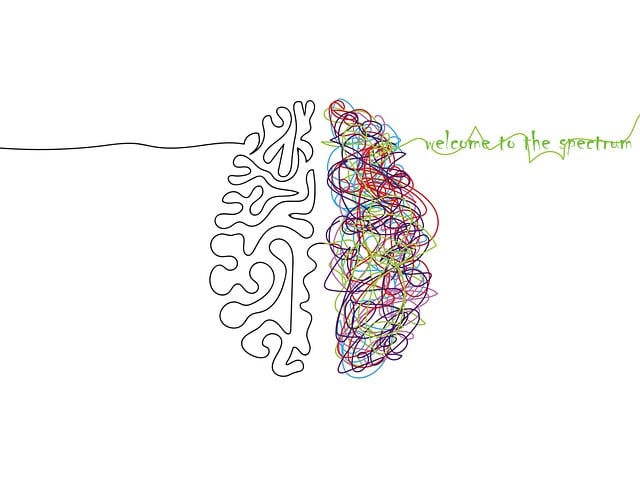Autism: Signs, Symptoms and Next Steps – Podcast Ep 111
Signs & Symptoms Associated with Autism:
Autism is a developmental disorder that can manifest in a variety of ways. Below are some of the most common signs and symptoms of Autism:
- Social Skills: Individuals with autism may have difficulty with social skills, such as making conversation, understanding body language, and making friends.
- Communication: Individuals with autism may have difficulty with spoken language or understanding non-verbal communication.
- Behavior: Individuals with autism may engage in repetitive or unusual behaviors.
- Thinking: Individuals with autism may have difficulty with problem solving and understanding abstract concepts.
- Emotional Regulation: Individuals with autism may have difficulty regulating their emotions.
Diagnosing Autism:
There is no one definitive test for diagnosing autism. Typically, a diagnostic evaluation includes:
- A developmental history, including a review of the individual’s overall development.
- A physical exam, including vision and hearing tests.
- A neurological exam, including tests of cognitive and motor functioning.
- Screenings for related conditions, such as ADHD or mental health issues.
- Testing for intellectual disabilities, as well as language and communication abilities.
A diagnosis is usually made after examining the individual’s behavioral and medical history, as well as results from tests and medical evaluations.
Next Steps After a Diagnosis of Autism:
Once a diagnosis of autism is made, it’s important to seek out support and intervention. There are a variety of resources and therapies available that can help individuals with autism.
- Behavioral therapies: Behavioral therapists can work with individuals with autism to improve their communication skills, motor skills, and social skills.
- Educational interventions: Special education classes and other educational programs can help individuals with autism learn and develop important skills.
- Medication: For some individuals with autism, medications may be helpful in treating associated conditions, such as depression, anxiety, and ADHD.
- Family support: Supportive family and friends can provide valuable emotional and practical support to individuals with autism and their parents.
It’s important to do research and explore your options for treatment. There is no one-size-fits-all approach to treating autism. Every individual’s needs are unique, so it’s important to find the right interventions for each individual.
Autism: Signs, Symptoms and Next Steps – Podcast Ep 111
For more information on autism, signs and symptoms, and next steps, check out our podcast episode on the topic, Autism: Signs, Symptoms and Next Steps – Podcast Ep 111. We discuss all the details you need to know about autism and how to approach it.


